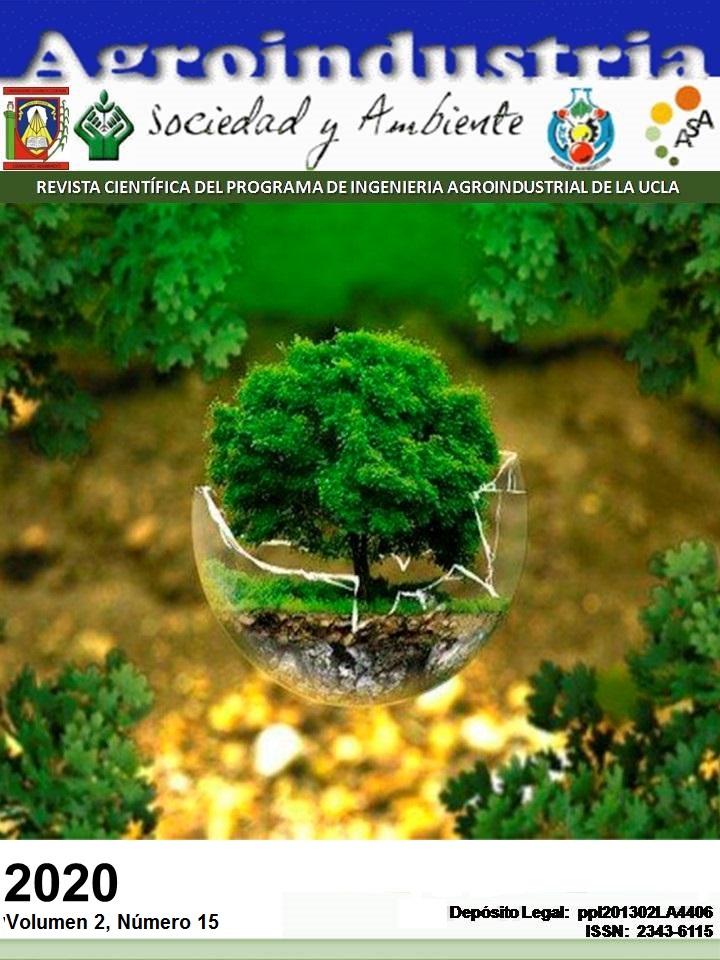Epistemological conception of evolutionary biological mathematics
Keywords:
Biological mathematics, mathematical modelling, genetics, evolutionAbstract
Since the development of Western culture, mathematics has been used in other areas of scientific work. Biological Mathematics as a discipline integrates the tools and potential of mathematics in the life sciences, giving an epistemic basis to its theoretical bases. This essay makes a brief state of the art on the epistemological association that unites them and even makes them indissoluble, allowing both to generate the necessary methods to explain the processes of life, the mechanisms of inheritance and the way in which this evolves. Mathematical modelling, differential equations, and computer use are presented as benefits that mathematics provides disciplinary support to the life sciences.
Downloads
References
Cañada, A. (1991). De las matemáticas para biólogos a la biología matemática: un punto de vista particular a través del análisis matemático y la dinámica de poblaciones. [En línea] Disponible en http://www.ugr.es/~acanada/investigacion/jaen99.pdf [Consulta: 10 junio de 2020].
Darwin, C. (1859). El origen de las especies. Londres: E-artnow
Dobzhansky, T., Ayala, F. (1980). Evolución. Barcelona: Ediciones Omega
Freeman, S., Herron, J. (2002) Análisis Evolutivo. Madrid: Pearson Educación
Lahox, R. (2008). ¿Juega Darwin A Los Dados? Simulando La Evolución En El Ordenador. Ediciones Morata
Lombardero, A. (2014). Un vistazo a la Biomatemática. [En línea]. Disponible en http://www.sinewton.org/numeros/numeros/86/Articulos_02.pdf [Consulta: 10 junio de 2020].
Lugo, A. (2018) La Biología y las Matemáticas. [En línea]. Disponible en https://steemit.com/steemstem/@abdulmath/la-biologia-y-las-matematicas [Consulta: 13 mayo de 2020].
Lugo, A. (2018). Modelos Continuos de Población | El modelo Crecimiento exponencial y El Modelo Logístico de Población [En línea]. Disponible en https://steemit.com/steemstem/@abdulmath/modelos-continuos-de-poblacion-or-el-modelo-crecimiento-exponencial-y-el-modelo-logistico-de-poblacion [Consulta: 13 mayo de 2020].
Malthus. T. (1978) Essay on the principie of population. London: Electronic Scholarly Publishing Project
Morín, E. (2005). Introducción al pensamiento complejo. España: Editorial Gedisa.
Pacheco, J. (2000). ¿Qué es la biología matemática? [En línea]. Disponible en http://www.sinewton.org/numeros/numeros/43-44/Articulo35.pdf. [Consulta: 10 junio de 2020].
Pérez, G., González. (2018). Enseñanza de la evolución: fundamentos para el diseño de una propuesta didáctica basada en la modelización y la metacognición sobre los obstáculos epistemológicos. Disponible en https://www.researchgate.net/publication/322940697 [Consulta: 10 junio de 2020].
Rojas, V. (2014). Ecuaciones diferenciales no lineales y sus aplicaciones a la ecología. [En línea]. Disponible en http://repositorio.unac.edu.pe/bitstream/handle/UNAC/890/107.pdf?sequence=1&isAllowed=y [Consulta: 10 junio de 2020].
Verhulst, P. (1838). Principie of Population. Bruxelas: Societé Belge.
Published
How to Cite
Issue
Section




